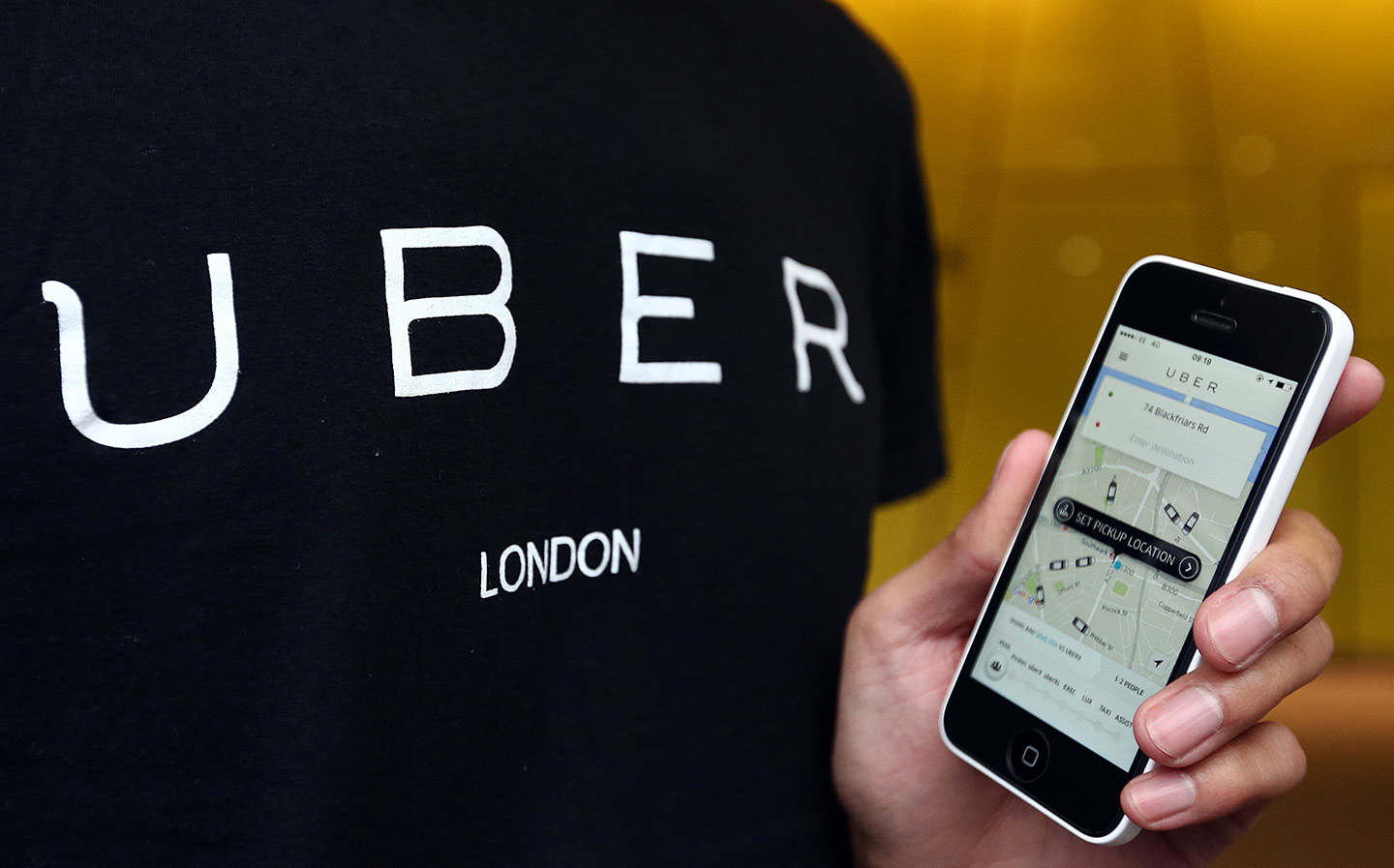Uber courted UK politicians to aid expansion with £75m lobbying fund
Kill switch engage
A trove of leaked documents has revealed that the US ride-sharing company Uber spent around £75m per year lobbying politicians and public officials, including senior members of the UK cabinet, in its efforts to expand globally during the period from 2013-2017.
The files, which were released to The Guardian and shared with the BBC and the International Consortium of Investigative Journalists, tell a story of breakneck growth-at-all-costs expansion that included intensive lobbying. This took place between company executives, including Uber’s CEO Travis Kalanick, and UK politicians such as the then-Chancellor George Osborne and ministers such as Priti Patel, Sajid Javid and Matt Hancock. None of these meetings were declared.
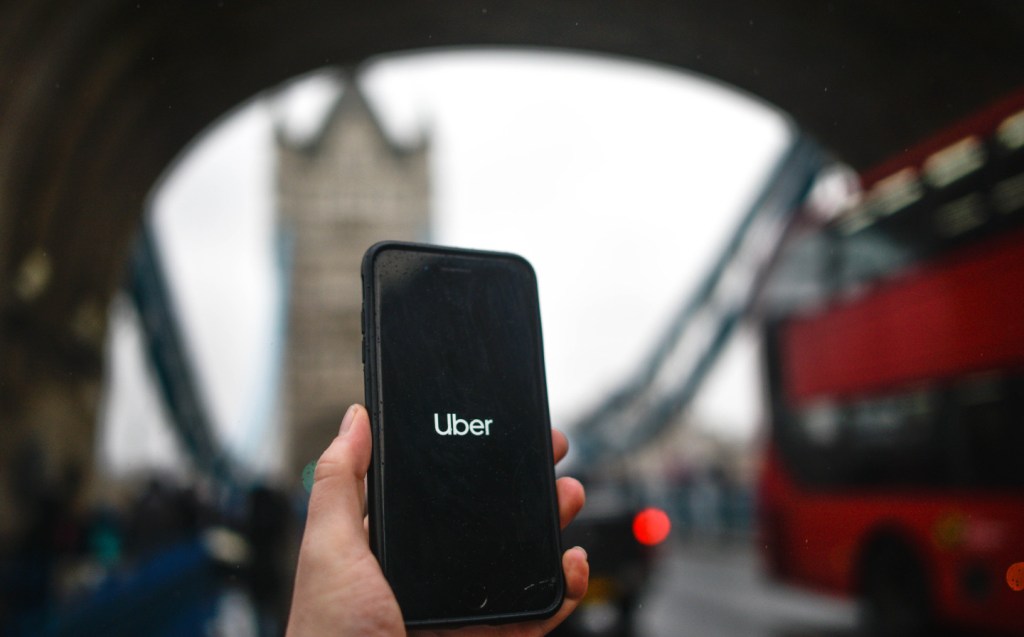
Uber launched in London in the run-up to the 2012 Olympic Games but by 2014 the firm’s further expansion in the capital was threatened due to mass protests by black cab drivers demonstrating against Uber’s artificially low fares, almost entirely subsidised by venture capital as a loss-leader to allow the app to gain more market foothold.
With Uber looking for political friends to help smooth the situation in London, it first approached the then-Mayor of London, Boris Johnson, who declined any official meetings with the company. A leaked text message from the Uber files reports Johnson as saying that it “would be less damaging politically to be photographed with the leader of ISIS than with Travis Kalanick.”
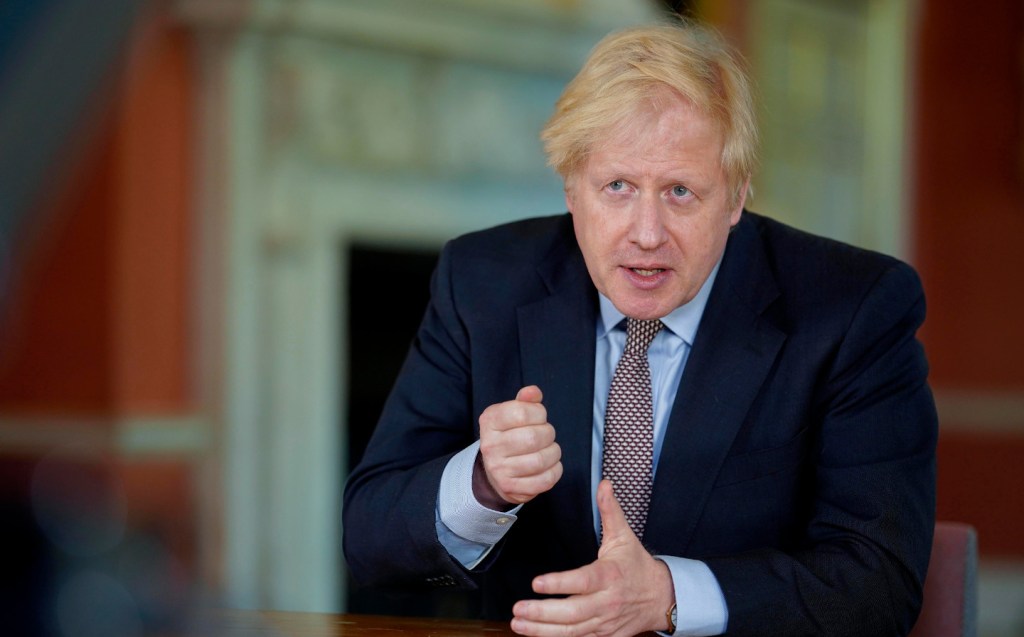
After approaches to Boris Johnson failed to yield any fruit, Uber then went over his head and straight to Downing Street where, in a “useful” meeting, they met senior advisers to the Prime Minister at the time, David Cameron, as well as, in separate meetings the same day day, two government ministers: Sajid Javid, then minister for culture, media and sport, and Matt Hancock, then minister for business and enterprise.
Uber lobbyists again met with Hancock over dinner, who reportedly hailed an Uber car to get home from the event. A spokesperson for Hancock said that his first meeting in Downing Street was “for Number 10 officials to declare” and the second was “a dinner about politics” that “was not declarable”. A spokesperson for Sajid Javid said that the “relevant departments hold no record of the meeting said to have taken place”.
The company then began to make approaches to Osborne, which included a meeting at a conference in Davos, Switzerland (which was declared) and a dinner party with Kalanick during one of Osborne’s visits to Silicon Valley (which wasn’t). The Silicon Valley meeting was pitched by an Uber executive to Kalanick as “a much more private affair [than a meeting in London],” with “no hanger-on officials or staffers.”
According to the BBC, a spokesperson for Osborne said that “far from being secret” it was the “publicly announced policy” to meet tech businesses and “persuade them to invest in Britain”.
The Minister of State for Employment at the time, Priti Patel, also later met with Uber lobbyists and was very much open to further collaboration between the government and the firm.
In a follow-up letter to a lobbyist, she said that she was impressed by the number of jobs Uber had created in the UK.
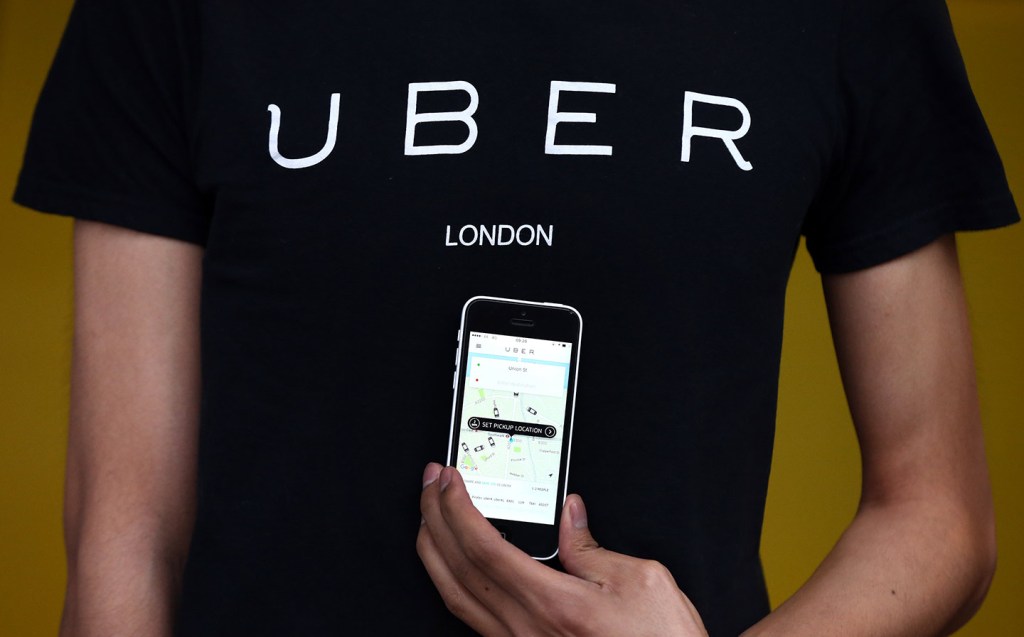
“There is no doubt that we could forge an important partnership between Uber and my department,” she wrote. “I’d like to explore further how your flexible business model and our new approach to paying benefits could help get more unemployed people back into work.”
The meeting between Patel and Uber lobbyists was not declared, with a spokesperson saying that it was it was up to any civil servants present to make the appropriate recordings.
Following Uber’s lobbying efforts, in 2016 Transport for London rejected some of the proposals that would have negatively affected Uber’s expansion in London such as a minimum five-minute delay between booking an Uber car and a driver being able to pick up the passenger.
According to the files, the BBC reported, Uber executives later said that George Osborne considered himself “responsible” for the “positive” outcome, prompting concerns that the government may have put pressure on Boris Johnson to ensure that Uber got the result it wanted.
It wasn’t just UK politicians that Uber targeted in its global quest for expansion, according to the leaked files. As it attempted to muscle in on the French market against widespread, occasionally violent, opposition by taxi drivers, it became friendly with the current French president, Emmanuel Macron, then in his first ministerial role in the department for the economy and digital affairs.
When Uber sent drivers to counter-protest against anti-Uber demonstrations by taxi drivers, Kalanick was warned of the potential for violence against the Uber drivers. “I think it’s worth it,” he replied. “Violence guarantee [sic] success.”
Uber’s relationship with Macron did not prevent certain aspects of Uber’s business practices being outlawed in France, though since Macron became president in 2017, the company has continued to flourish there, with the French government being described in a BBC Panorama documentary as “probably the most pro-Uber government in the western world.”
Lobbying by Uber was also directed towards Joe Biden, at the time vice president of the United States, as well as Israeli premier Benjamin Netanyahu, Irish Taoiseach Enda Kenny and the then-mayor of Hamburg, Olaf Scholz (currently the German chancellor).
Scholz who was not receptive to Uber’s overtures, insisting that the company pay the minimum wage to drivers in Hamburg, something that prompted Uber executives to describe him as “a real comedian”.
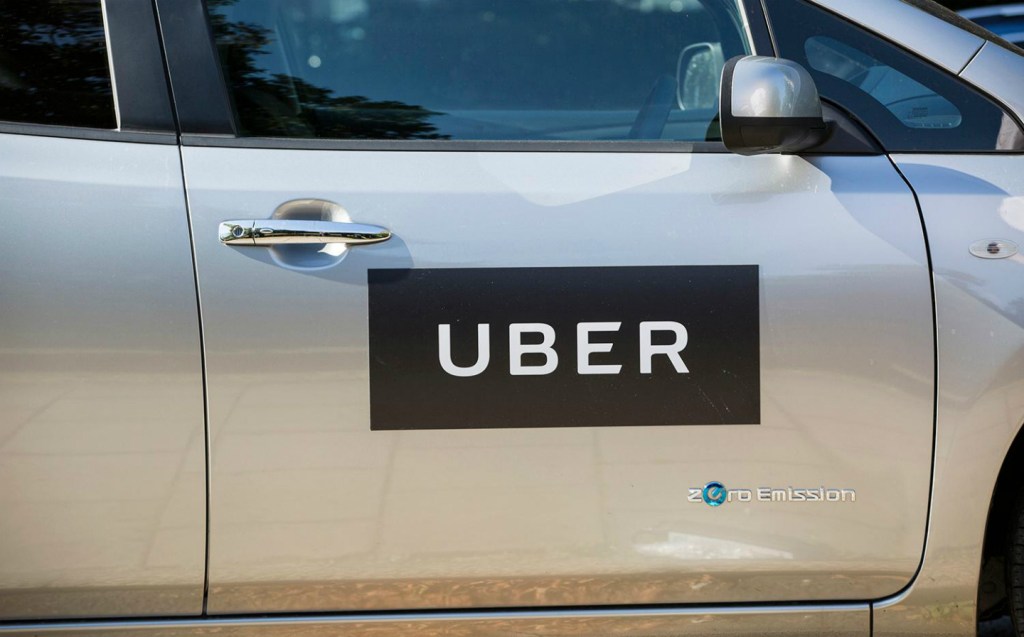
Uber’s expansion into new markets was sometimes conducted contrary to the laws of the countries in which it sought to establish itself such as Turkey, South Africa, Spain, Czechia, Sweden, France, Germany and Russia, leaving it open to potential raids by regulators and law enforcement, something for which the company planned by means of a “kill switch”.
When an Uber office was raided, executives at the company sent out instructions to IT staff to cut off access to the company’s main data systems, preventing authorities from gathering evidence, a technique that was used at least 12 times across various countries.
A spokesperson for Kalanick, who was replaced as Uber CEO in 2017, said that such “kill switch” protocols were common business practice, not designed to obstruct justice and were approved by Uber’s legal department.
In response to the documents that were leaked to The Guardian by a whistle-blower, Uber’s former head of lobbying in Europe, Mark MacGann said that Uber had not employed such “kill switch” protocols since Kalanick’s resignation.
In a statement, responding to the evidence of how the company broke the law, duped police and regulators, exploited violence against drivers and covertly lobbied governments across the world, the company said:
“We have not and will not make excuses for past behaviour that is clearly not in line with our present values. Instead, we ask the public to judge us by what we’ve done over the last five years and what we will do in the years to come.”
Related articles
- After reading about Uber lobbying British politicians, you might be interested to hear that Uber drivers are now entitled to minimum wage and holiday pay
- You may also like to read that Uber has sold its self-driving business to a Silicon Valley rival
- One Uber passenger was charged £120 for an eight-mile journey
Latest articles
- Seven great automotive events to visit this summer, from F1 to art and champagne
- Watch new Porsche 911 GT3 smash Nürburgring record for manual cars
- Skoda Elroq 2025 review: Czech carmaker can’t seem to miss with its electric family cars
- Five best electric cars to buy in 2025
- Should I buy a diesel car in 2025?
- F1 2025 calendar and race reports: The new Formula One season as it happens
- Zeekr 7X AWD 2025 review: A fast, spacious and high tech premium SUV — but someone call the chassis chief
- Denza Z9GT 2025 review: Flawed but sleek 1,062bhp shooting brake from BYD’s luxury arm
- Extended test: 2024 Renault Scenic E-Tech review


